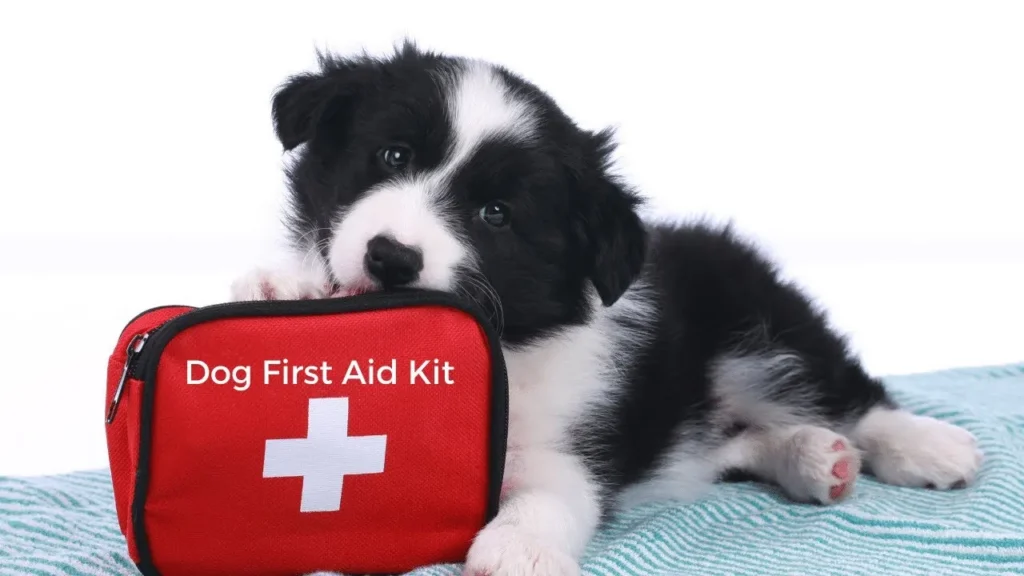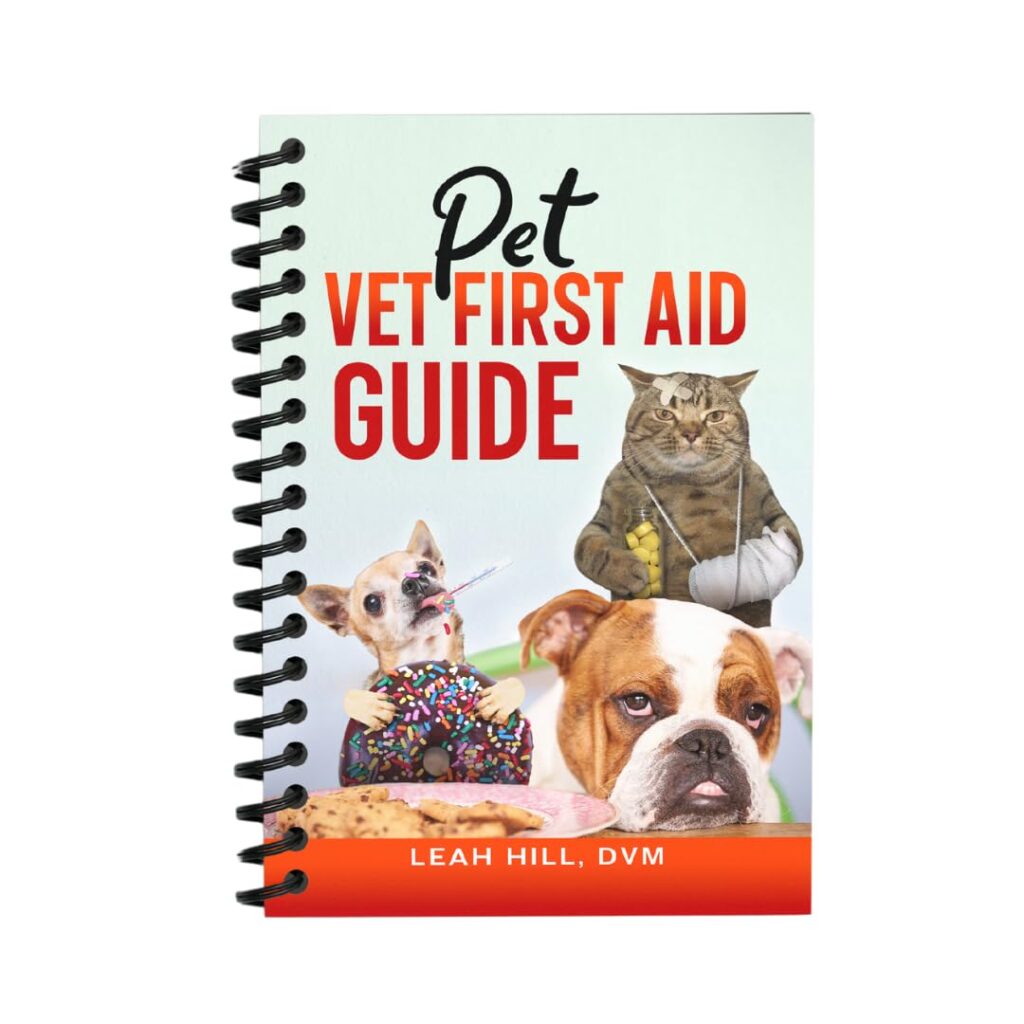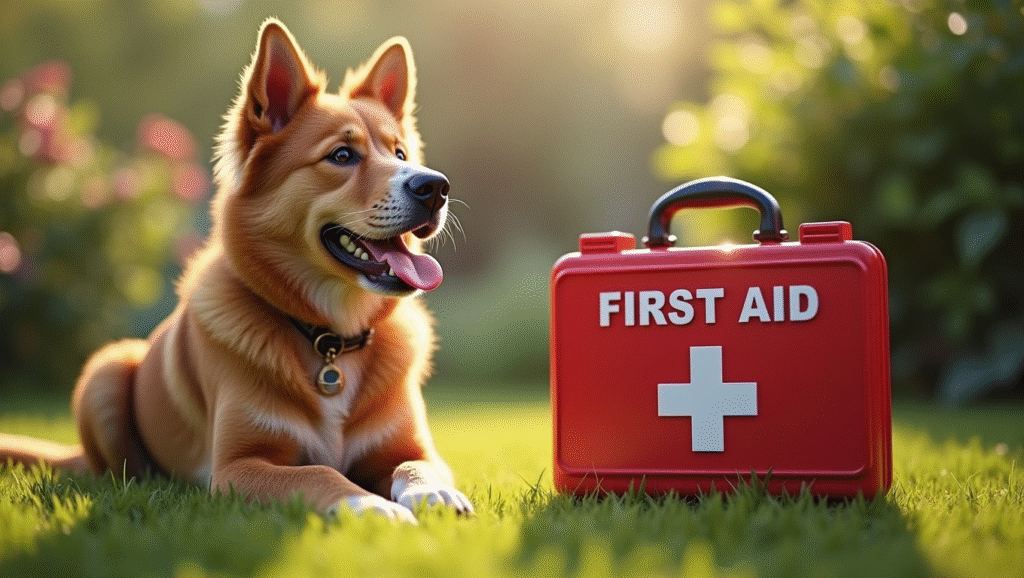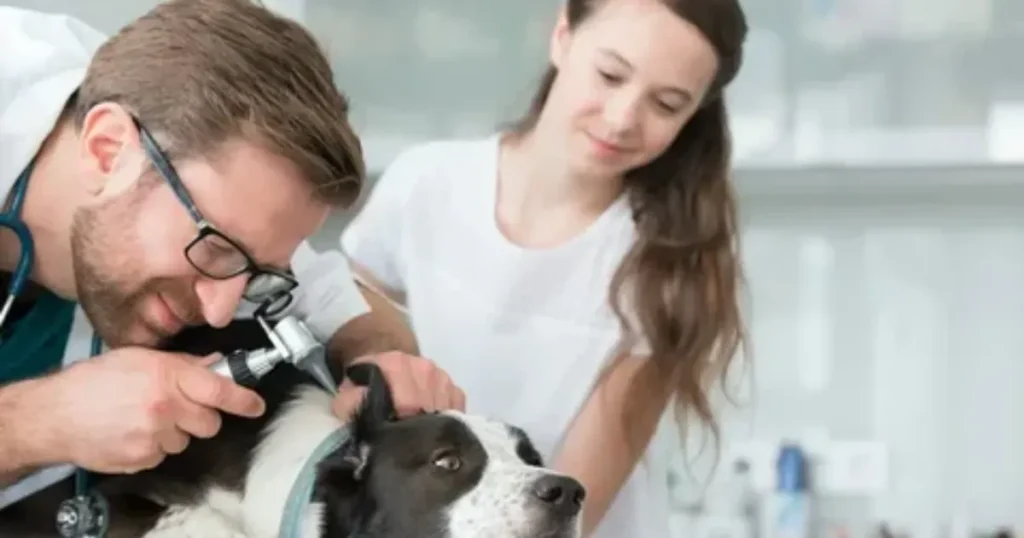Boost Your Confidence in Emergencies Expert Tips is all about giving you the tools to handle tough situations, especially when it comes to your furry friends.
Emergencies can be overwhelming, but understanding basic dog first aid, staying calm, and practicing your response skills can make a huge difference.
This article will walk you through practical steps to build your confidence under pressure, make smart decisions in crises, and even develop resilience. Whether you’re a dog owner or just want to be prepared, you’re in the right place!
Key Points to Remember
- Stay calm and breathe deeply.
- Know emergency numbers to call.
- Have a plan for different emergencies.
- Practice basic first aid skills.
- Trust your instincts in tough situations.

Summary
Why You Should Boost Your Confidence in Emergencies
Emergencies can happen at any time, and when they do, having confidence can make all the difference. Whether it’s a sudden health scare, a natural disaster, or even a pet emergency, being prepared helps you act quickly and effectively. You know that feeling when your heart races and your mind goes blank? Yeah, we’ve all been there. But boosting your confidence in emergencies can help you stay calm and focused when it really matters.
Think about it: when you’re confident, you’re more likely to take action. You’re not just standing there, frozen in fear. Instead, you’re assessing the situation, making decisions, and doing what needs to be done. This isn’t just about feeling good; it’s about protecting yourself and those you love. So, let’s dive into some practical ways to boost your confidence in emergencies.
Understanding Dog First Aid Basics
If you’re a dog owner, knowing the basics of dog first aid is essential. Dogs can get into all sorts of trouble, from swallowing something they shouldn’t to getting injured during play. Understanding how to respond can save your furry friend’s life.
Start with the ABC of dog first aid: Airway, Breathing, and Circulation. If your dog is unconscious, check if their airway is clear. If they’re not breathing, you might need to perform CPR. It sounds intense, but it’s something you can learn. There are plenty of online resources and local classes that can teach you these skills. You might find the proven methods to save your dog’s life particularly useful.
Also, keep a first aid kit handy. It doesn’t have to be fancy. Just include essentials like antiseptic wipes, bandages, and any medications your dog might need. For a comprehensive list, check out the top essential items for a dog first aid kit. And don’t forget to familiarize yourself with signs of common emergencies, like choking or heatstroke. Knowing what to look for can help you react faster.
Expert Tips to Stay Calm in Emergencies
Staying calm is easier said than done, right? But it’s super important in emergencies. Here are some expert tips to help keep your cool:
- Take Deep Breaths: Sounds simple, but deep breathing can help lower your heart rate and clear your mind. Inhale slowly through your nose, hold it for a few seconds, and then exhale through your mouth. Repeat this a few times.
- Focus on the Task: Instead of panicking about everything that could go wrong, focus on what you can control. Break the situation down into manageable tasks. What’s the first step? What do you need to do right now?
- Practice Visualization: Imagine yourself handling an emergency successfully. Picture every detail, from the moment it begins to how you respond. This mental rehearsal can help you feel more prepared when it actually happens.
- Stay Informed: Knowledge is power. The more you know about potential emergencies, the better you can prepare. Take time to educate yourself about common situations you might face, whether it’s a dog emergency or something else. Resources like the ultimate guide on how to act in dog emergencies can be invaluable.
- Keep a Positive Mindset: Remind yourself that you can handle this. Positive self-talk can go a long way. Instead of thinking, What if I fail? try, I’ve got this. I can do it.
How to Improve Your Emergency Response Skills
Improving your emergency response skills is all about practice and preparation. Here are some effective ways to do it:
- Take Classes: Look for local courses in first aid and CPR. Many organizations offer training for both humans and pets. It’s a great way to build skills and gain confidence.
- Role-Playing: Get a friend or family member involved. Role-play different emergency scenarios. This can help you think on your feet and get comfortable with making decisions under pressure.
- Create a Plan: Having a plan in place can ease a lot of anxiety. Sit down and outline what you would do in various emergencies. Include contact information for your vet, emergency contacts, and any other important numbers.
- Practice Regularly: Just like any other skill, regular practice is key. Set aside time each month to go over your first aid skills or review your emergency plans. It’ll help keep everything fresh in your mind.
- Stay Updated: Emergencies evolve, and so do best practices. Keep yourself updated on the latest techniques and information. Follow trusted sources online, and don’t hesitate to ask professionals for advice.
Building Confidence Under Pressure with Practice
Building confidence takes time, but practice can speed up the process. Here’s how you can effectively practice your skills:
- Simulate Real Scenarios: Create mock emergencies in a controlled environment. This could be as simple as pretending your dog is choking and practicing how to help. It might feel silly at first, but it’s a great way to prepare.
- Join a Group: Look for local community groups focused on emergency preparedness. Being part of a group can provide support and motivation. Plus, you can learn from others’ experiences.
- Use Stress-Relief Techniques: Incorporate stress-relief techniques into your practice. This might include mindfulness or yoga. The more you practice staying calm, the easier it will be when the real deal happens.
- Reflect on Experiences: After practicing, take time to reflect. What went well? What could you improve? This self-assessment can help you identify areas to work on and boost your confidence.
- Celebrate Small Wins: Every step you take towards improving your skills is a win. Celebrate your progress, no matter how small. It’ll help keep you motivated and remind you that you’re capable.
Enhancing Decision-Making Skills in Crisis Situations
In a crisis, making quick decisions can be tough. Here’s how to enhance your decision-making skills:
- Gather Information Quickly: In an emergency, you need to assess the situation fast. Practice gathering information quickly and efficiently. Ask yourself what’s happening, who’s involved, and what immediate actions are necessary.
- Prioritize: Not everything needs to be addressed at once. Learn to prioritize tasks based on urgency. What needs your attention right now? What can wait a bit? This can help you manage your time and actions more effectively.
- Stay Flexible: Sometimes, things don’t go as planned. Be ready to adapt your decisions based on new information. Flexibility can help you navigate unexpected challenges.
- Trust Your Instincts: Your gut feeling can be a powerful tool. If something feels off, don’t ignore it. Trusting your instincts can lead you to make better decisions in the heat of the moment.
- Learn from Mistakes: If you make a decision that doesn’t turn out well, don’t beat yourself up. Instead, analyze what happened and learn from it. Every mistake is an opportunity to grow.
Developing Resilience in Emergencies: A Step-by-Step Guide
Resilience is all about bouncing back from tough situations. Here’s a step-by-step guide to developing your resilience in emergencies:
- Acknowledge Your Feelings: It’s okay to feel scared or overwhelmed. Acknowledge your emotions instead of pushing them aside. This can help you process what’s happening and regain control.
- Build a Support Network: Surround yourself with supportive people. Having a reliable network can provide comfort and help you navigate tough times. Don’t hesitate to reach out for help when you need it.
- Set Realistic Goals: Break down your goals into manageable steps. This can help you feel accomplished and motivated. Celebrate each small victory along the way.
- Develop Coping Strategies: Identify coping strategies that work for you. This might include deep breathing, talking to a friend, or going for a walk. Find what helps you relax and refocus.
- Stay Positive: Focus on the positive aspects of your experiences. Resilience isn’t just about surviving; it’s about thriving. Look for lessons and growth opportunities in every situation.

Crisis Management Tips for Dog Owners
As a dog owner, you have a unique set of responsibilities. Here are some crisis management tips specifically for you:
- Know Your Dog’s History: Be aware of any medical conditions or allergies your dog has. This information can be crucial in emergencies. Keep it handy, especially if you’re traveling.
- Have a Pet Emergency Kit: Just like you have a first aid kit for yourself, your dog needs one too. Include items like a muzzle, leash, and any pet medications. Make sure it’s easily accessible.
- Keep Important Documents Together: Have a folder with your dog’s medical records, vaccination history, and any other important documents. This can save time in emergencies when every second counts.
- Practice Emergency Drills: Just like you would with your family, practice emergency drills with your dog. Teach them commands that can help in a crisis, like stay or come. This can help keep them calm and safe.
- Stay Calm for Your Dog: Dogs can pick up on your emotions. If you’re panicking, they might panic too. Try to stay calm and reassuring. Your confidence can help them feel secure.
Real-Life Scenarios to Boost Your Confidence
Nothing beats real-life practice. Here are some scenarios you might encounter and how to handle them confidently:
- Your Dog Chokes: If your dog starts choking, stay calm. Assess the situation quickly. If they’re still breathing, encourage them to cough. If not, you may need to perform the Heimlich maneuver. It sounds scary, but practicing can help you feel more prepared. Consider reviewing dog first aid secrets for more insights.
- A Sudden Illness: If your dog suddenly appears ill, don’t panic. Take note of their symptoms and contact your vet. If it’s severe, have a plan to get them to the vet quickly. Knowing what to do can help you stay focused.
- Natural Disasters: If a natural disaster strikes, have a plan in place. Know where your dog will go and how you’ll get there. Practice evacuating with your dog so you’re both familiar with the process.
- Injuries During Play: If your dog gets injured while playing, assess the injury calmly. Apply basic first aid if necessary and monitor their behavior. If it seems serious, don’t hesitate to contact your vet.
- Lost Dog Scenario: If your dog goes missing, stay calm and start searching immediately. Have a plan for how to search your neighborhood, and consider using social media to spread the word quickly.
Conclusion
In wrapping up, boosting your confidence in emergencies is not just a nice-to-have; it’s a must-have skill for every dog owner and caring individual. By staying calm, knowing your first aid basics, and practicing your response skills, you’re setting yourself up for success when the unexpected strikes.
Remember, it’s all about preparation and practice. So, take a deep breath, trust your instincts, and make those emergency plans. You’ve got this!
Feeling inspired? Dive deeper into the world of preparedness and discover more articles that can help you stay ahead of the game at Tech Havela. Your journey to confidence starts here!
Frequently Asked Questions
How can I boost my confidence in emergencies?
Practice is key! The more you prepare, the better you’ll feel.
What should I do first in an emergency?
Stay calm. Take a deep breath and assess the situation.
Are there specific skills I should learn?
Yes! First aid, CPR, and basic survival skills are great places to start.
Can I practice emergency scenarios?
Absolutely! Role-playing can help you get ready for real situations.
How does breathing help in emergencies?
Deep breathing slows your heart rate. It helps you think clearly!
Should I carry an emergency kit?
Yes! A well-stocked kit will give you peace of mind.
Where can I find expert tips to boost my confidence in emergencies?
Look online or ask professionals. Many resources focus on boosting your confidence in emergencies.
**Sidnir Vieira**
Founder of TechHavela
A passionate pet and tech content creator, helping dog owners across the U.S. make smarter decisions for their furry friends.



